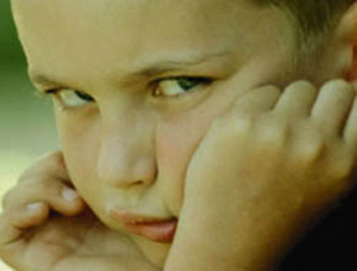
Learned Behavior: Parental pathological lying can become a learned behavior for children. In addition to creating household instability, a parent that compulsively lies is modeling a very negative behavior. Research reveals that inconsistent parenting produces negative behavioral issues for children, as they do not learn proper limits or consequences. A parent who lies may change his or her story or sequence of events, therefore reducing the effectiveness of household rules and a child’s sense of stability. Parenting Skills: Pathological lying affects the ability to be a consistent parent. Child care providers and preschool may reinforce the value of honesty, yet at home, the child observes their parent engaging in undesirable lying behavior. The small child may decide that they cannot trust their parent and be confused about mixed stories and messages. Exhibiting a compulsive behavior such as lying to or in front of children has negative ramifications.Īwareness: Children of preschool age may already be aware that their parent has trouble telling the truth. Pathological liars often speak without thinking, and convince themselves that their lies may in fact have happened. Parents who are referred to as pathological liars may suffer from additional mental health issues such as personality disorders, low self-esteem or a desperate need for approval.

Pathological lying is not an official medical diagnosis, yet the term is often used to describe people who exhibit excessive and compulsive lying on a regular basis. Dealing with a pathological liar, and how it affects their children:


 0 kommentar(er)
0 kommentar(er)
